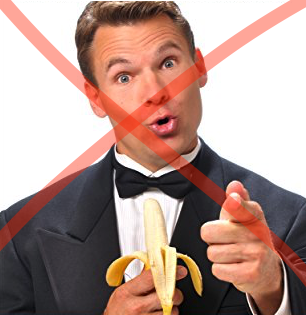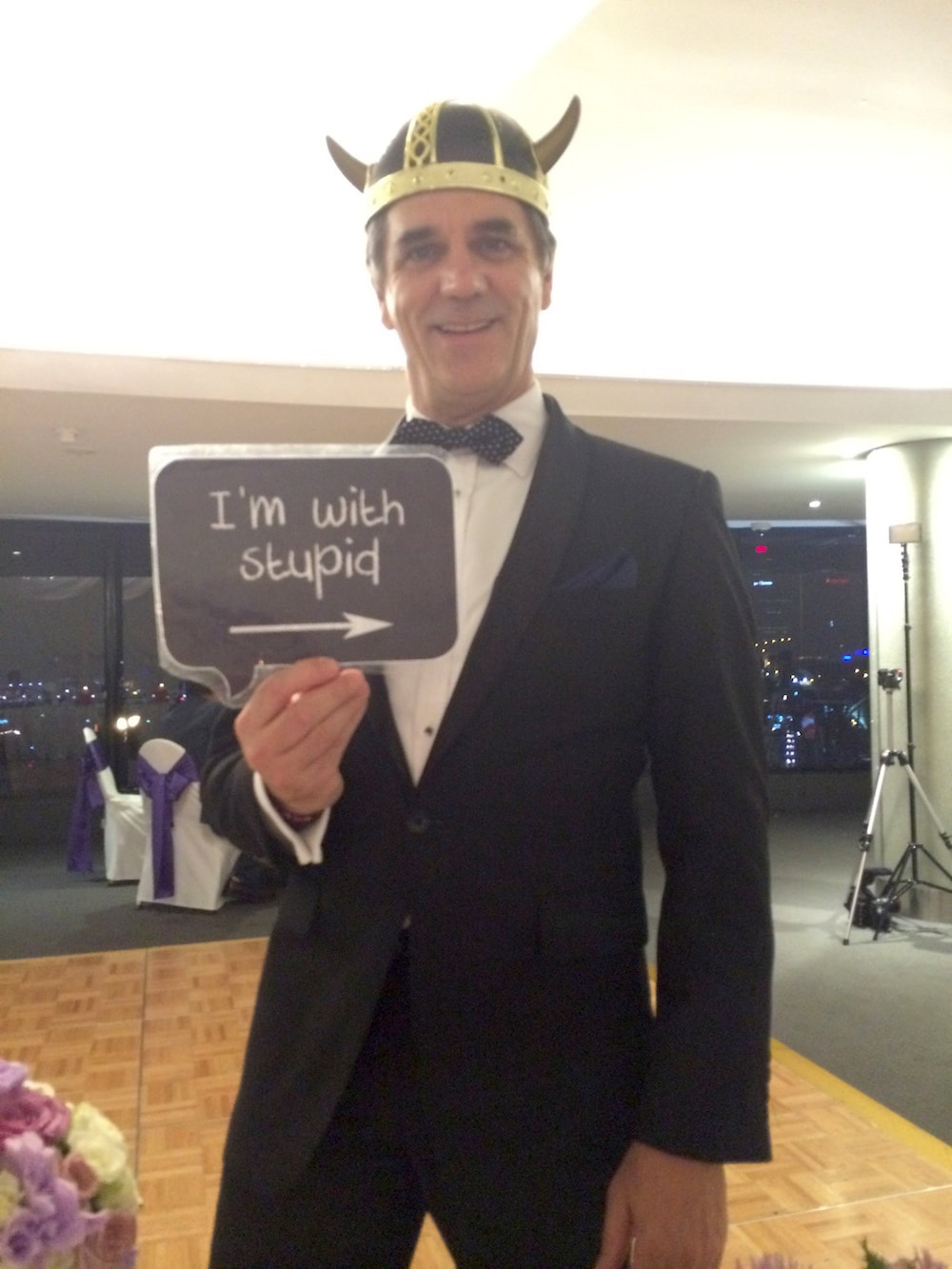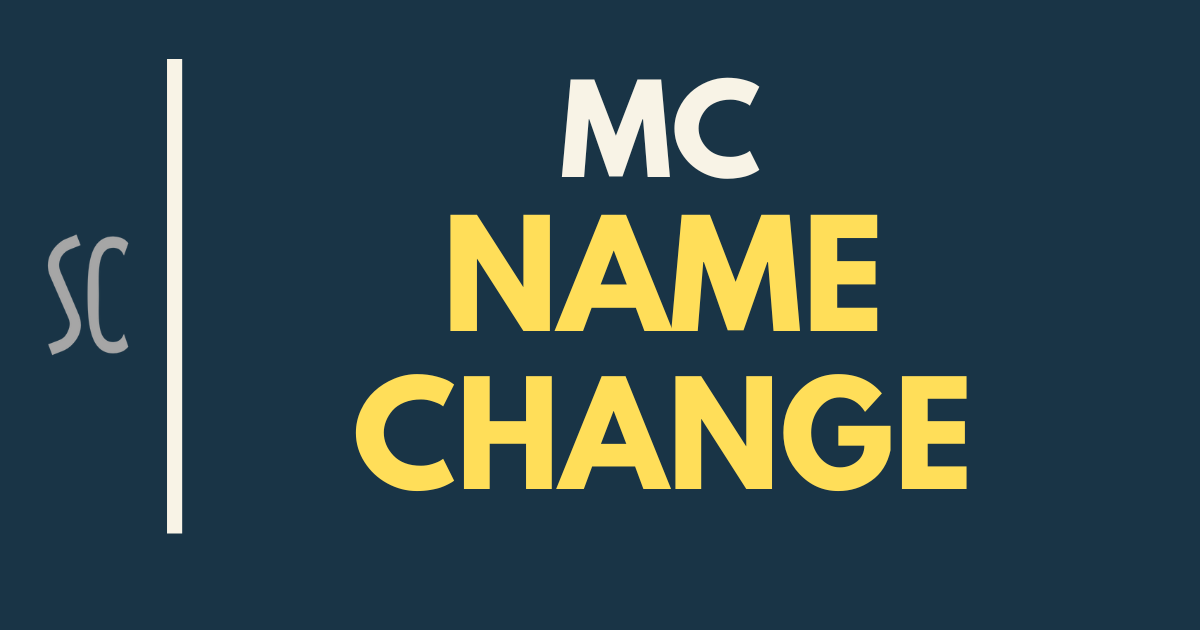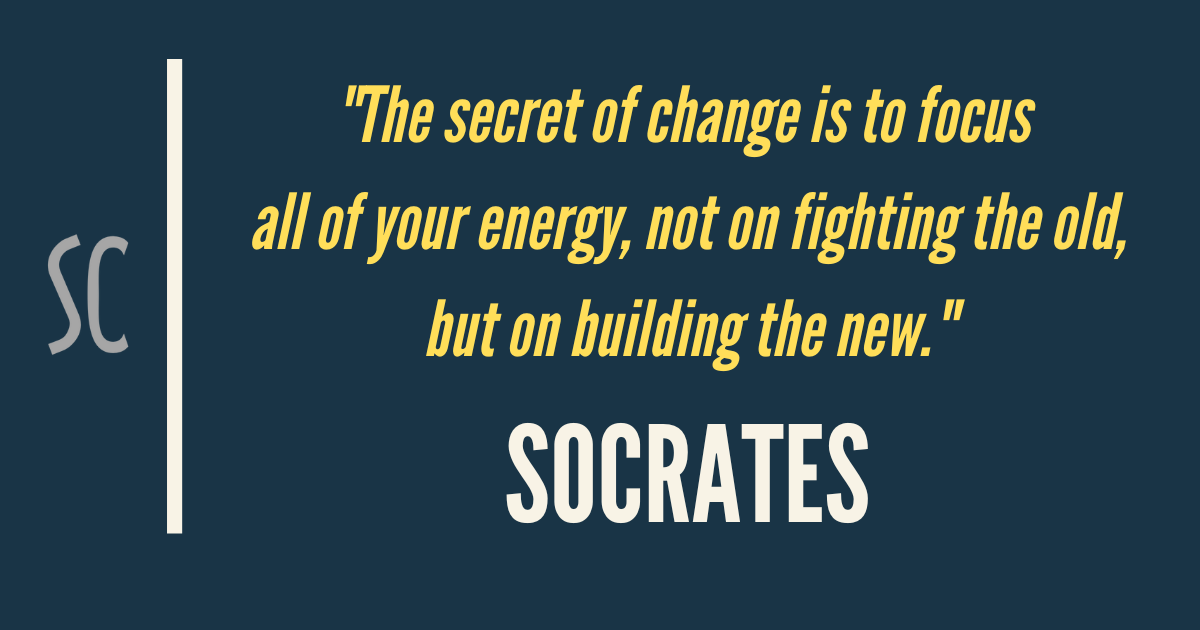|
The worse way to generate humour on stage is to use one-liners from a book and have jokes ready to tell. Most of the ‘gags’ in these books are crass, low-brow and derogatory. Especially the books about marriage. Getting married is something to be honoured, not degraded by a smart-ass speaker or emcee going for cheap laughs. The sarcasm displayed in the books (or for free online) mocks the bride and groom’s courageous decision to publicly commit to each other. Our advice is:
Silly stupid immature lines like “Getting married is the most expensive way a man can get his laundry done for free” are offensive and archaic. It will anger every woman and the majority of men in the audience. You will come across as sexist and completely out of touch and out of date; which is exactly the opposite of what you want. The most dangerous way to approach this to have a ‘gag bag’ ready and then plan to tell them - no matter what is happening at the time. A wisecrack that reads funny but is inappropriate so no-one laughs or raises a smile, can kill your career stone dead. As the saying goes: the silence is deafening Remember you haven’t been hired as the jokes master or the stand-up comedian.
And leave the pathetic jokes books in the trash can where they belong. To keep your performance alive with spark and spontaneity, look for the funny things happening before your eyes. The key is to switch on 'observant' as one of your key skills Correct me if I'm wrong, but I'm guessing you haven't been hired as the stand-up comedian? So don't feel any pressure to be hilarious. There’s no need to turn up with a “bag full of gags.” When it comes to being funny, your goal is to simply create what we call "A Miles of Smiles" rather than a wedding reception full of hysterical belly laughs. You’re the Event Host MC. In charge of the magnificent Reception Rituals. A happy person who creates joy and spreads goodwill with their elegant manner and sophisticated demeanour. But people will expect you to have a sense of humour nonetheless; and it's not as hard as you may think. There are 2 parts to getting testimonials and rave reviews from your clients that make comment on what a ‘Fun MC’ you are The first part is recognising whats called Situational Humour and the second part is referred to as Observational Humour. Situational Humour is what's happening right in front of you and Observational Humour is knowing how to comment on it. The actual event itself will create comic relief; all you need to do is recognise it and spotlight the funny Situations which surround you. They’re everywhere at a wedding. Why do you think there have been so many movie comedies with weddings as their central theme? A wedding reception is ripe for all kinds of fun. For example, the overdramatised funky entrance from the bridal party who have never danced in public before. Or the excitement of the little children who’ve got no idea what a wedding is all about - but love the occasion, as its great chance to slide across the dance floor in the shiny new expensive suit that mum and dad just bought for them; especially for this grand occasion. The passion of the group dancing together where the out-of-tune sing-a-longs are reminiscent of innocent days gone by. Or the jumping competition between the alpha males to catch the tiny garter. And so on. It's everywhere you look. Observational HumourObservational Humour is recognising the ‘fun’ from the funny situations and then expressing this to the crowd with an appropriate and clever comment; thereby "observing" the moment. Pointing out to the crowd that "... if the wedding cake was any taller, there could call it Trump Tower". That's a one-liner. Very simple. Not hysterically funny but adding to the Mile Of Smiles you’ve created throughout the event. To do this successfully, you must first know what makes you laugh and that's what we are going to learn in the next few blogposts. So bookmark this page. But just know that if you’re having fun, then the audience will as well Look-out for the unusual and unexpected – and learn how to articulate what you’re seeing in a friendly and amusing way.
Recall the situations with exaggerated facial expressions and vocal variety; and watch as the laughs roll in. When I wanted to learn How To MC, there was zero information available. Literally, nothing at all. This was pre-internet. I checked the libraries; everywhere. Y'see I'd been suddenly asked to MC a charity function and the event was in 4 days time. It seemed that making Introductions on stage was this 'black ninja art' known only to a few lucky performers. I did eventually get a hold of a guy called Rick Chisholm and he set me straight. I managed to get through the charity event - and I wanted more MC work so I keep researching. But I discovered that there was a serious ID problem caused by the confusing assortment of names and titles used to describe what an MC does. There's the specific titles Corporate MC and Wedding MC. Most people seem to understand these two titles - but there’s a lot of folks who still look at me strange when I say "I MC weddings". In the USA, they have spelled out the letters MC to say emcee. That's clever. I like this single word and use it often. But unfortunately this same term is confused with rough tough street rappers. Europe, UK, and Australia use the term Compere. Particularly with live outdoor events and TV shows. And the word Anchor is used in India. So we have Corporate MC, Wedding MC, Emcee, Compere and Anchor - all pretty much describing the same job! But the biggest problem is the old-fashioned title "Master of Ceremonies" that's still used in some parts of the world. It’s lame because its sounds so medieval. Because it is medieval. The term Master of Ceremony dates way back to the Roman Catholic Church in the 1600s. This title's use-by date has expired. It is so far out of touch that it has no relationship to what we do at all, and is more suited to marriage celebrants - as they really are the official masters of the ceremony. So to tidy up this messy situation and get the MC title sorted out once and for all, I recommend you use the term EVENT HOST MC as it accurately describes what we do, is easily recognized by our clients, and has a higher perception of value.
Performers from the Philippines have never used the term "Master of Ceremonies" and have always referred to themselves as Event Hosts. This new modern title has become popular because it's not gender specific. I mean, the ladies are not out there calling themselves a "Mistress of Ceremonies" are they. And I know they don't like using the term 'Master'. And the title Event Host doesn't get confused with an MC who is a Rap Artist. An Event Host MC is a contemporary term that immediately signals to your prospective clients that you are not old-fashioned - and instead approach the MC job in a progressive way, such as being hygienically aware when using the microphone. Re-branding yourself as an Event Host MC is a smart strategic marketing move; especially now since protocols around organising live events post-pandemic have changed and the responsibilities of those in charge have increased. But getting people together is now more popular than ever before. Plus the word “host” generates a nice feeling of warm hospitality. When a host is in charge, it gives the impression that the gathering will be positive and well organised. And online seminar leaders using Zoom are now also referred to as the Event Host. Lastly, and it saddens me to say this, but the term Master of Ceremonies has some negative connotations associated with it - because in the past, the role hasn't always been done properly and professionally. So I believe it's time to move on and rebrand your MC service. Yes there will be people who will resist this change because it will disrupt their marketing - so I expect to receive some negative comments - but I say "Step Up And Embrace The New Era. Long Live Event Host MC." |
AuthorMC Pete Miller helps you be funnier. Archives
March 2024
Categories
All
|




 RSS Feed
RSS Feed